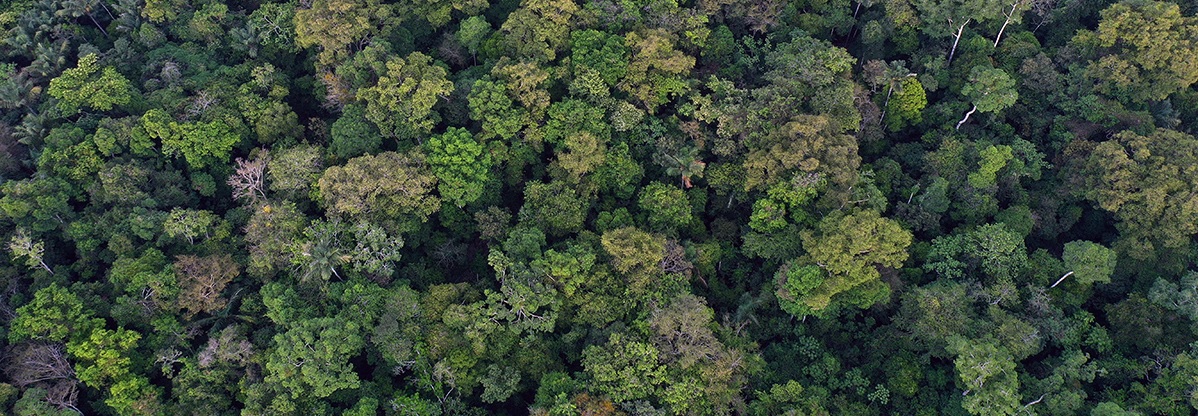25 February 2021: After recent allegations regarding the granting of logging concessions, CAFI restates the central importance of improved governance in the forestry sector, in order to meet the sustainable development aspirations of the people of the Democratic Republic of Congo (DRC) and preserve their natural resources. Respect for the national legal framework is a cornerstone of strengthened governance.
In this respect, the CAFI Executive Board affirms its support for the restitution of irregular concessions to the State as stipulated by DRC law, and its opposition to any action that would contravene the legal framework, including the moratorium. The Executive Board is therefore concerned by recent allegations made by national civil society, including the Groupe de Travail Climat REDD+ - Rénové (GTCR-R), and encourages the efforts of civil society to establish facts and reach out to authorities.
CAFI recalls that the country's authorities have expressed the desire to embark on a proactive policy of reform of the land-use sectors, based on the principles of sustainable management and transparency, which are essential to meet the challenges of reducing poverty and strengthening the rule of law.
Convinced of the need to improve governance in the forest sector, the Executive Board specifically approved in December 2019 the Sustainable Forest Management Program, to support the DRC in implementing a long-awaited vision for the sustainable development of this sector. The program aims to find solutions to the complex challenges of a sector marked by the largely informal nature of logging and the chronic lack of human and financial resources to enforce the law, resulting in the unsustainable management of this vast resource. The Government of the DRC has committed to a review and discussion by the National Consultative Council on Forests at each stage of this central reform. This Council brings together all concerned stakeholders, an unprecedented innovation.
The success of such an ambitious program, which is due to start in mid-2021, calls for political will on the part of the DRC Government to ensure that the law is respected and that the commitments made are fulfilled.
While the Letter of Intent signed in 2016 expired in December 2020, the Executive Board has indicated its intention to renew its partnership with the DRC because of the needs of the rural populations of the DRC and the mounting pressure on forests. While a large population of DRC lives in poverty, with 19.6 million people living in food insecurity; 2.3 million children suffering moderate-acute malnutrition and 1.1 million children suffering severe-acute malnutrition, forest loss is accelerating. DRC is the third tropical country in terms of forest loss after Brazil and Indonesia, having lost 14.6M ha of tree cover during between 2001 and 2019. Forest loss is driven mainly by poverty in the country : local demand for land and forest products (small scale slash-and burn agriculture with charcoal in DRC, compared to commodity-driven forest loss in Brazil or Indonesia), compounded with high population growth.
In its dialogue with the DRC Government to outline the contours of a future partnership, CAFI will continue focusing on the importance of respecting the commitments jointly made at the time of the signature of the previous Letter of Intent as well as those recorded in the Roadmap for Improvement in the Forest Sector agreed between the Government and all partners in the environment sector in the DRC in December 2019. This roadmap provides for a review of the legality of forest titles, through a study commissioned with the support of the European Union. The Prime Minister also asked the General Inspectorate of Finance to conduct an audit of forest concessions. The conclusions of these reports will provide valuable context for the definition of meaningful partnership objectives and concrete recommendations to restore forest governance.

